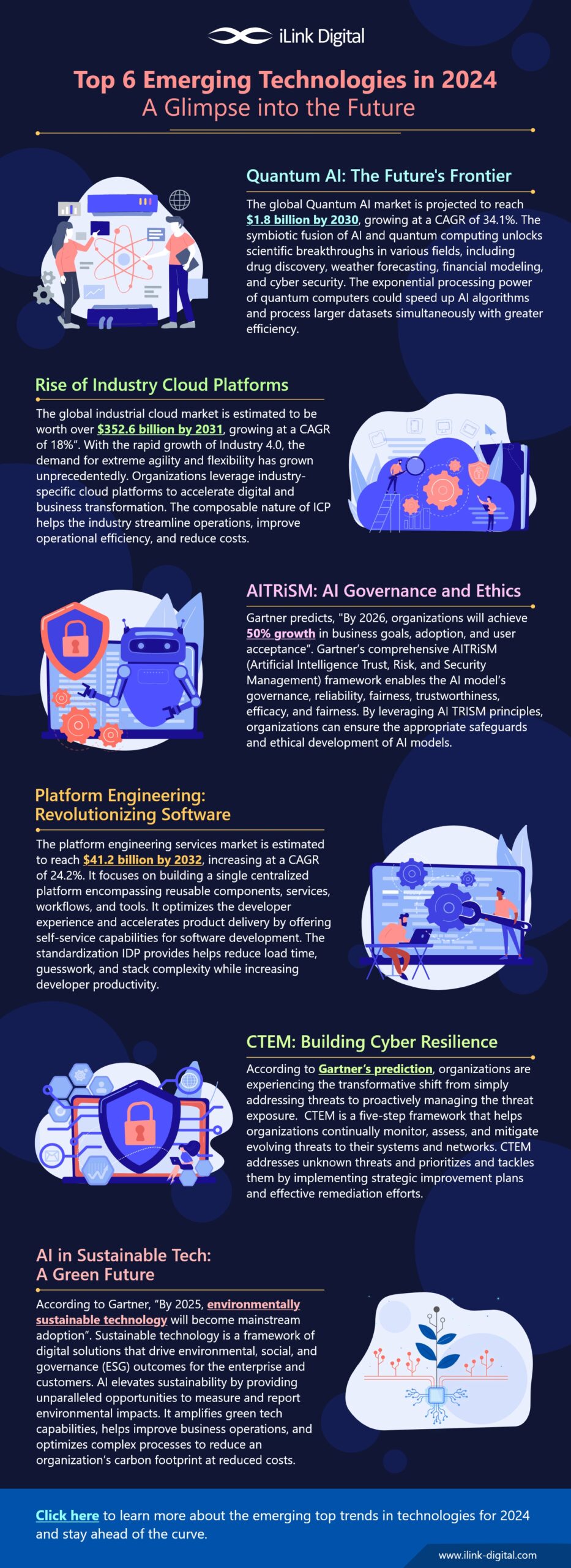2024 Digital Business: Innovative Models Unveiled


Innovative Horizons: Unveiling Digital Business Models in 2024
The landscape of business is undergoing a profound transformation in 2024, driven by the relentless evolution of digital technologies. This paradigm shift is not just about adopting digital tools; it’s about reimagining business models to thrive in the digital era. Let’s explore the key trends and innovations shaping digital business models in 2024.
The Dawn of Ecosystem-Based Models
One of the notable trends in 2024 is the rise of ecosystem-based business models. Companies are moving beyond traditional structures, forming collaborative ecosystems that bring together diverse entities to create value. These ecosystems leverage digital platforms to seamlessly connect businesses, customers, and partners, fostering innovation and mutual growth.
Amidst this era of transformation, a central hub for insights is Business 2024 Digital Business Models. This platform offers a comprehensive view of the digital business landscape, providing real-time updates and strategies to navigate the evolving models.
Personalization and Customer-Centric Models
2024 sees a heightened emphasis on personalization and customer-centricity in digital business models. Advanced data analytics and artificial intelligence enable businesses to understand individual customer preferences, tailoring products, services, and experiences accordingly. Companies are crafting unique customer journeys to enhance satisfaction and loyalty, making personalization a cornerstone of their digital strategies.
Subscription-Based and Membership Models
In the digital age, subscription-based and membership models are gaining prominence. Businesses are moving away from traditional transactional approaches, opting for recurring revenue streams. This shift allows companies to build lasting relationships with customers, providing continuous value and fostering brand loyalty. From streaming services to software platforms, the subscription model is reshaping various industries.
Blockchain-Powered Decentralized Models
2024 witnesses the integration of blockchain technology into digital business models. Blockchain offers transparency, security, and decentralization, disrupting traditional models in finance, supply chain, and more. Smart contracts enable automated, trustless transactions, reducing the need for intermediaries and creating a more efficient and secure business environment.
Sustainable and Ethical Business Models
In response to global concerns about sustainability and ethics, digital business models in 2024 are embracing a more responsible approach. Companies are incorporating sustainable practices into their operations, from eco-friendly supply chains to green energy initiatives. Ethical considerations are becoming integral to business decisions, reflecting a broader societal shift toward responsible and conscious consumption.
Data Monetization and Value Exchange Models
As data becomes a valuable currency, businesses are exploring data monetization models. Companies are finding innovative ways to extract value from data while respecting user privacy. Value exchange models, where users willingly share data in exchange for personalized benefits, are gaining traction. This mutually beneficial approach ensures that businesses leverage data responsibly and ethically.
AI-Driven Automation and Efficiency Models
The integration of artificial intelligence (AI) is a driving force behind digital business models in 2024. Businesses are leveraging AI for automation, optimizing processes, and improving efficiency. From chatbots enhancing customer service to predictive analytics informing strategic decisions, AI-driven models empower companies to operate with agility and intelligence.
Edge Computing for Enhanced Performance
Edge computing is reshaping the digital landscape by bringing computation closer to data sources. In 2024, businesses are adopting edge computing models for enhanced performance and reduced latency. This is particularly crucial in applications like the Internet of Things (IoT), where real-time processing is essential. Edge computing enables faster decision-making and more responsive digital experiences.
Virtual and Augmented Reality Integration
Digital business models are embracing virtual and augmented reality (VR/AR) for immersive customer experiences. In 2024, industries like retail, real estate, and education are leveraging VR/AR to create interactive and engaging environments. From virtual shopping experiences to augmented reality-enhanced training programs, businesses are unlocking new possibilities for customer engagement and interaction.
Dynamic Flexibility in Business Models
In the face of rapid technological advancements, digital business models in 2024 prioritize dynamic flexibility. Businesses recognize the need to adapt swiftly to changing circumstances, whether it’s technological innovation, market shifts, or unforeseen disruptions. Agile and flexible business models enable companies to navigate uncertainties and capitalize on emerging opportunities.
Conclusion: Navigating the Digital Frontier
The unveiling of digital business models in 2024 marks a pivotal moment in the evolution of commerce. From ecosystem-based collaborations to sustainable and AI-driven approaches, businesses are navigating the digital frontier with innovation and adaptability. Embracing these trends ensures not only relevance but also a competitive edge in a landscape where digital transformation is the new norm. As we progress further into the digital age, businesses that embrace these innovative models will be well-positioned to thrive in the dynamic and ever-evolving business ecosystem.



![Discover the Future of [Product Category] Discover the Future of [Product Category]](https://images.unsplash.com/photo-1700104494865-200e961d942c?fm=jpg&q=60&w=3000&ixlib=rb-4.1.0&ixid=M3wxMjA3fDB8MHxzZWFyY2h8OXx8cHJvZHVjdCUyMGxhdW5jaCUyMG1hcmtldGluZyUyMGNhbXBhaWdufGVufDB8MHwwfHx8Mg%3D%3D)





